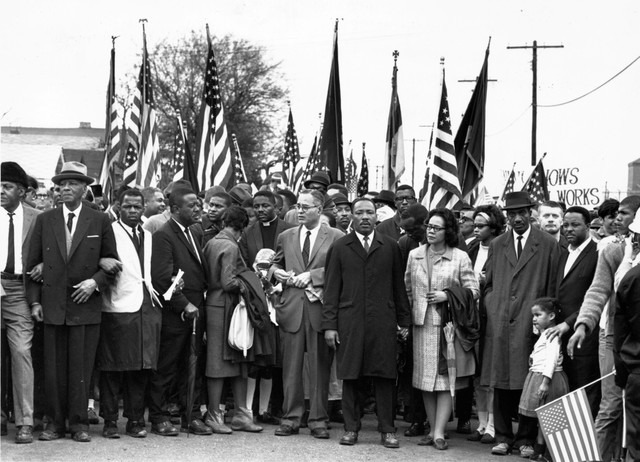The Supreme Court today struck down a Civil Rights-era law designed to protect voters in states with records of discrimination at the polls. The Voting Rights Act, key to policing states who have historically enacted restrictive voting policies, has now lost its key enforcement provision.
The piece of the Voting Rights Act at stake, Section 4, required the federal government to approve any changes to election procedure in a group of (mostly southern) states and jurisdictions where outwardly discriminatory practices were, until four decades ago, the norm. The ruling stated that "Congress lacked grounds for requiring some states, and not others, to get federal approval before changing their election rules."
While Section 4 did not cover many new states that have begun to engage in questionable and potentially discriminatory elections practices (e.g., Arizona, where a voter registration restriction was just struck down by the court), it provided a layer of oversight that, now gone, will have to be replaced piecemeal with new legislation. After numerous state elections laws were struck down in the lead-up to the 2012 general election voting rights issues are far from settled. But now, all states can act on their own without getting the nod from Washington.
